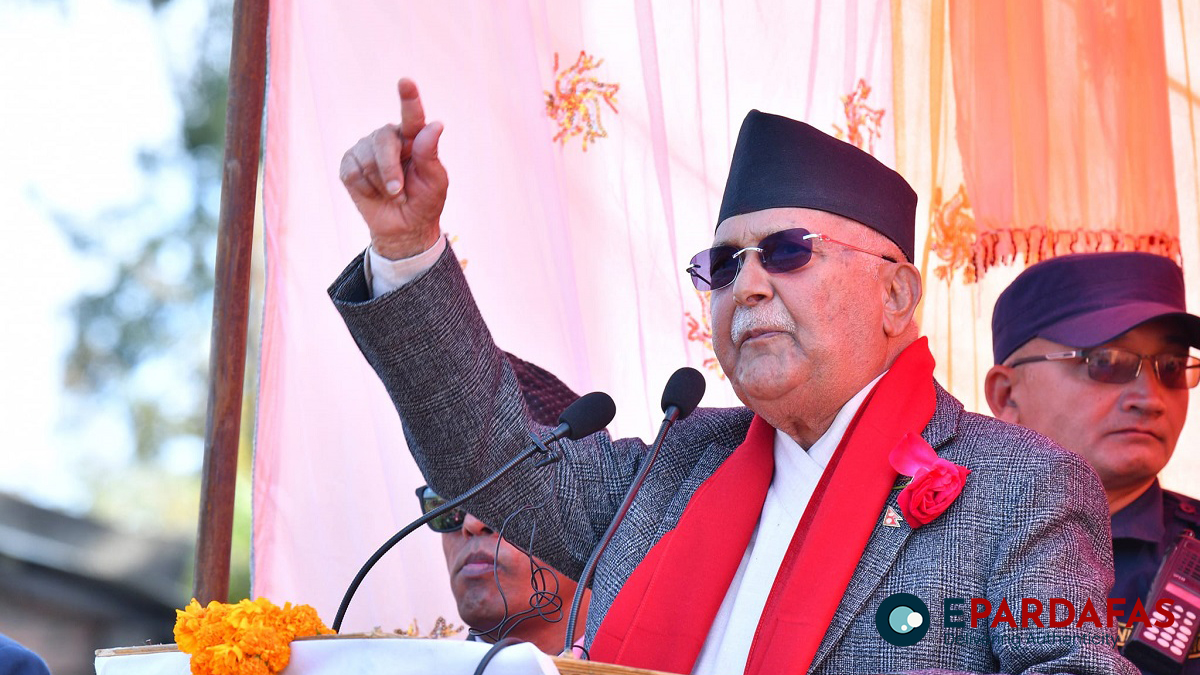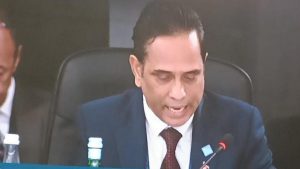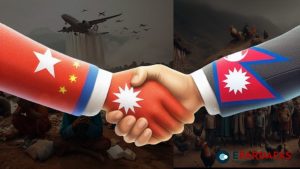
Country Falling Into Trap of Chinese Debt, Oli Says, “Government Afraid to Take a Loan from China”

In a stark illustration of the risks associated with relying on loans from China, Nepal finds itself entangled in a financial quagmire, with the Pokhara Regional International Airport emerging as a prime example of the perils of such financial dependence. Despite being operational for a year, the airport has failed to generate any income, leaving the government struggling to repay the substantial loan it took from China for its construction.
The financial predicament has deepened as the government contends not only with the challenges of the airport project but also with the fallout from the acquisition of six planes from China. This decision has resulted in significant losses for Nepal Air Service Corporation, the government’s flag carrier, exacerbating the country’s mounting debt burden.
The situation has raised serious concerns about Nepal’s ability to meet its financial obligations, as the government grapples with the repercussions of its reliance on Chinese loans. The opposition party, CPN (UML), led by chairman KP Sharma Oli, has seized on this crisis, accusing the current government of being hesitant to confront the escalating dependence on Chinese financial support.
Oli, while leading the Mahakali-Mechi Padayatra (Mechi-Mahakali March) along the Mid-hill Highway, criticized the government for its reluctance to seek cooperation from China despite assurances of assistance. He remarked, “The government is so afraid to accept support from our northern neighbor.”
The accusations against the government led by Prime Minister Pushpa Kamal Dahal highlight a growing apprehension about the nation’s entanglement in Chinese debt. Oli contends that the current administration is hesitating to accept help from China, even in the face of mounting financial challenges.
The government is now grappling with the daunting task of repaying existing debt rather than opting for additional loans from China, which is employing various strategies to expand its influence in Nepal. The financial crisis underscores the need for a careful reevaluation of the country’s economic policies and diplomatic relationships to safeguard Nepal’s financial stability and independence.














Comments